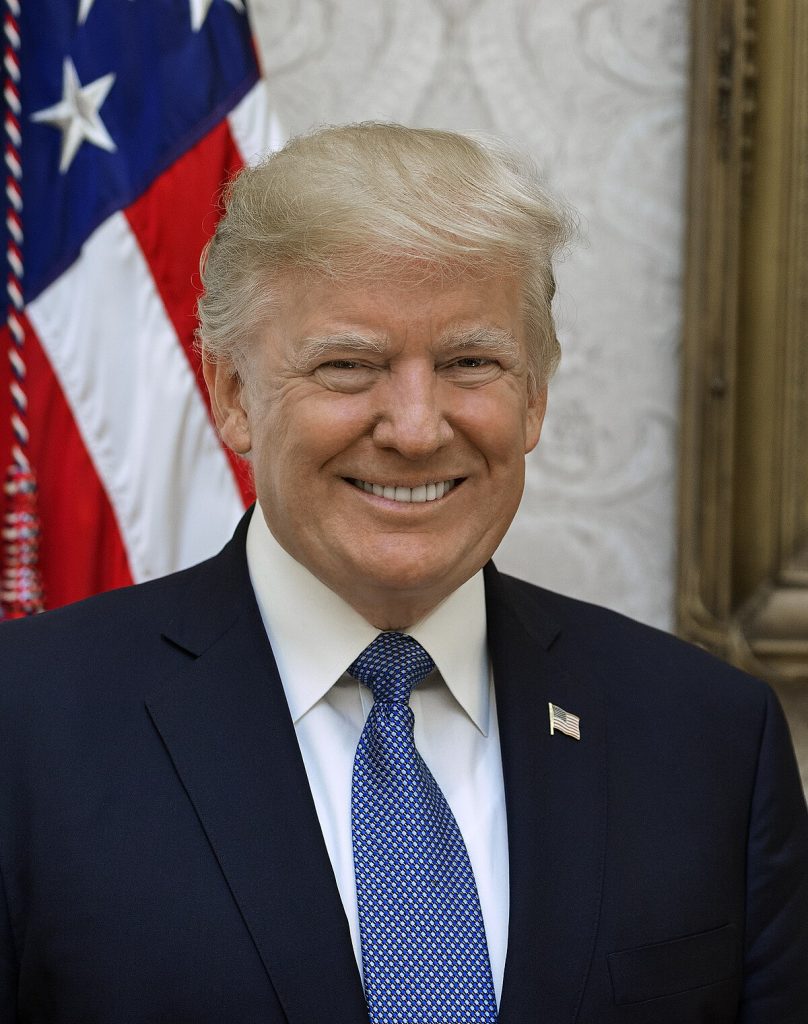Following Trump’s Victory
As a major global economy, U.S. policies have the power to influence international markets, trade agreements, and financial systems.
Since Donald J. Trump was declared the winner of the 2024 U.S. presidential election, Nigerians have taken to social media to reflect on what his return to office might mean for them and Nigeria. Out of America’s 330 million residents, Black people, including Nigerians, account for over 45 million across various recognized racial groups. According to a revised report by the Migration Policy Institute, about 376,000 Nigerian immigrants and their descendants live in the U.S., making Nigeria the largest source of African migration to the country. The Nigerian-born population in the U.S. has grown significantly since 1980, when there were around 25,000 Nigerian residents. Today, Nigerian immigrants make up about 0.6% of the total U.S. foreign-born population, with roughly half having arrived before 2000. A similar share are naturalized U.S. citizens.
Following the pandemic, there has been a surge in visa applications from African countries, particularly Nigeria. By early August 2023, over 393,000 F-1 visas had been issued, with 7% going to applicants from Africa. Beyond international relations between Nigeria and the U.S., many Nigerians have a personal stake in who leads America due to their own ambitions and ties to the country.
The U.S. presidential election draws worldwide attention due to America’s significant influence on global politics, economics, and security. As one of the world’s largest economies, U.S. policies can impact international markets, trade deals, and financial systems. The U.S.’s foreign policy, alliances, and defense strategies play a key role in global stability, affecting matters like international conflicts and climate initiatives.
Politically, the U.S. is often viewed as a symbol of democratic values, and many countries, including Nigeria, see its elections as a reflection of those principles. Changes in American leadership and policy can have global implications, making the election outcomes a matter of widespread interest.
For Nigerians, the 2024 U.S. presidential election is especially significant due to Donald Trump’s previous term as the 45th president, during which he made negative remarks about Africa and implemented restrictive immigration policies. Trump’s past rhetoric, including his description of African countries as “shithole” nations and imposing visa restrictions on Nigeria, has left a lasting impact.
Overview of Trump’s Previous Policies on Nigeria
Visa Restrictions and Travel Ban
In January 2020, Nigeria was added to the U.S. travel ban list, which took effect in February. This policy, enacted during Trump’s presidency, limited visa issuance for Nigerians wishing to visit, work, or study in the U.S. The ban was part of a broader immigration initiative targeting countries perceived as high-risk for immigration concerns. While the ban excluded tourists, business professionals, and those seeking medical care, it affected Nigerians with strong ties to the U.S. and tarnished Nigeria’s global image. As the U.S. has traditionally been a key destination for Nigerians pursuing better opportunities, the ban disrupted many lives and aspirations.
Trump’s Return as President-Elect
Immigration and Border Policies
Trump’s 2024 campaign continues to emphasize strict immigration measures, including enhancing barriers at the U.S.-Mexico border and limiting entry from countries considered security risks. For Nigeria, this could mean ongoing stringent visa policies or even new restrictions for those seeking to visit or migrate to the U.S. Could Nigerians face greater challenges in pursuing education and employment opportunities in America? Might Nigerians already in the U.S. experience increased scrutiny as Trump’s administration advocates for tighter controls? Additionally, concerns about safety and social or racial injustices may prompt Nigerians to be cautious under a renewed Trump presidency.
Foreign Aid and Investment
Trump’s approach to foreign aid remains consistent with his previous stance, emphasizing reduced U.S. contributions to developing countries. This could potentially limit critical American support for Nigeria’s economic growth, healthcare, and infrastructure projects. His “America First” agenda might also lead to decreased foreign investment in Nigeria, as U.S. businesses prioritize domestic interests. In the long term, this could hinder Nigeria’s growth, particularly in sectors reliant on international partnerships and investments.
For Advertisements, Song Uploads, Interview, Biography, Music Promotions and Article Publication please Call or Whatsapp 08161430621.
To feature your event?
To feature your place?
To have your Music Video featured?
To have your Brand Advert featured?
To be on our Picture Pick of the Week?
To put your Song as Song of the Week?
To place your Brand Advert?
CALL OR WHATSAPP 08161430621


